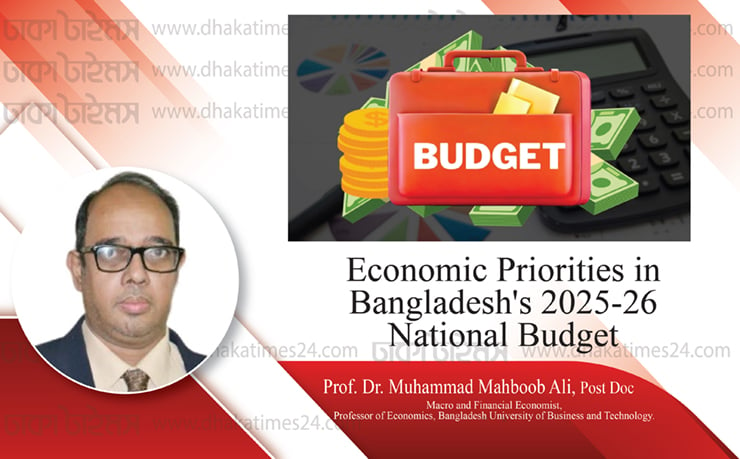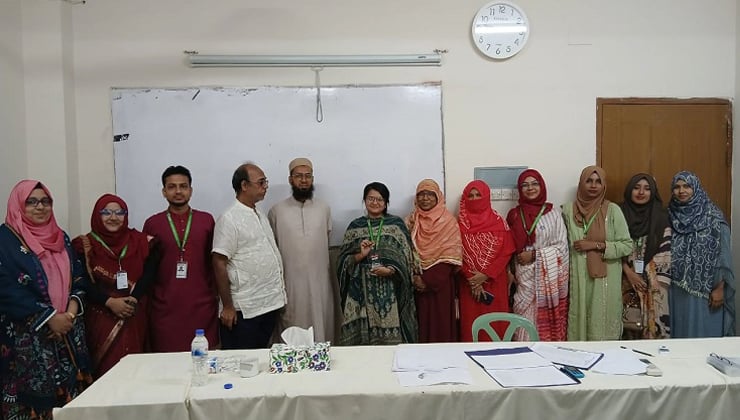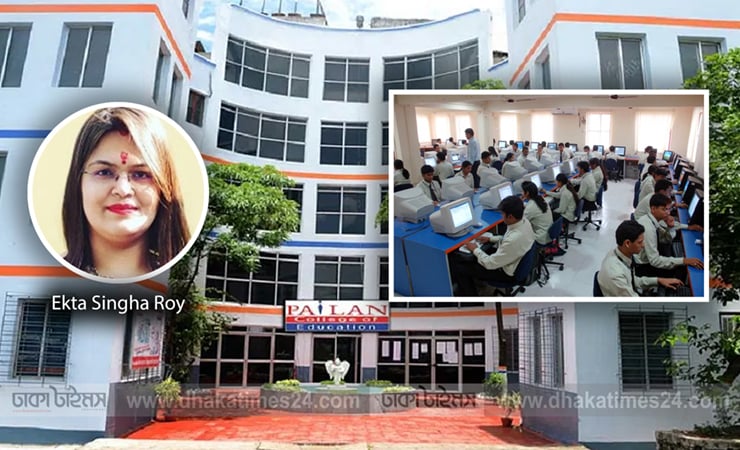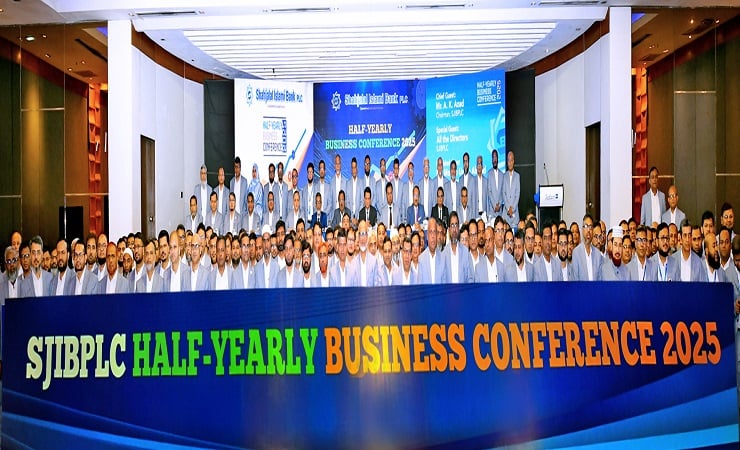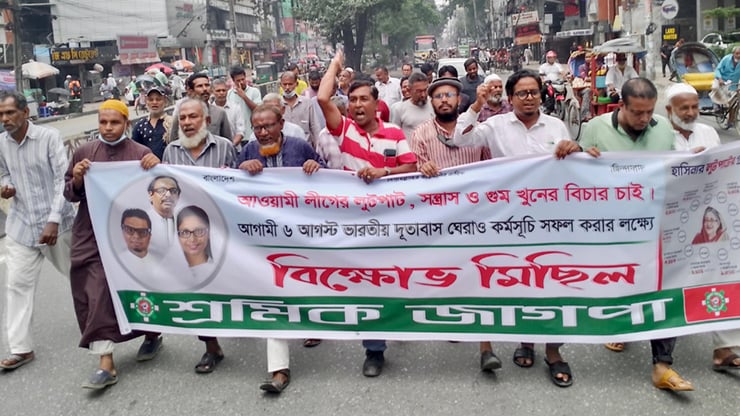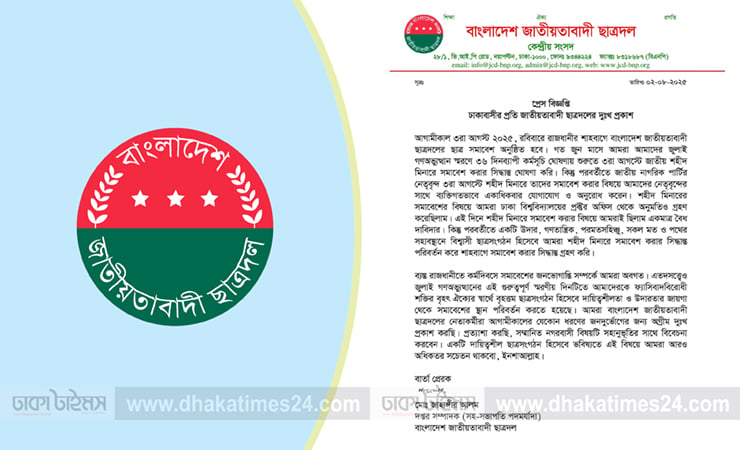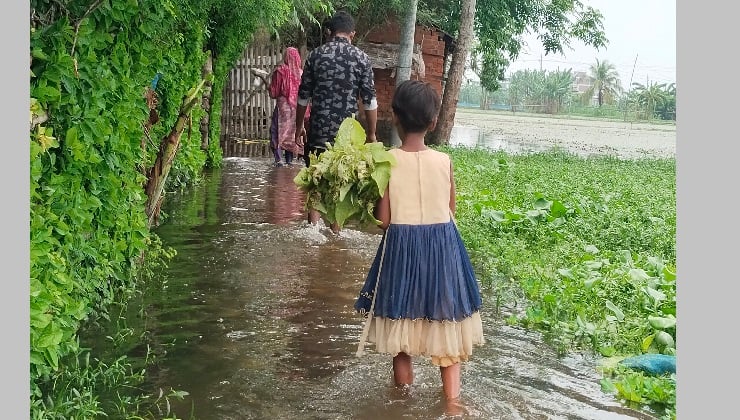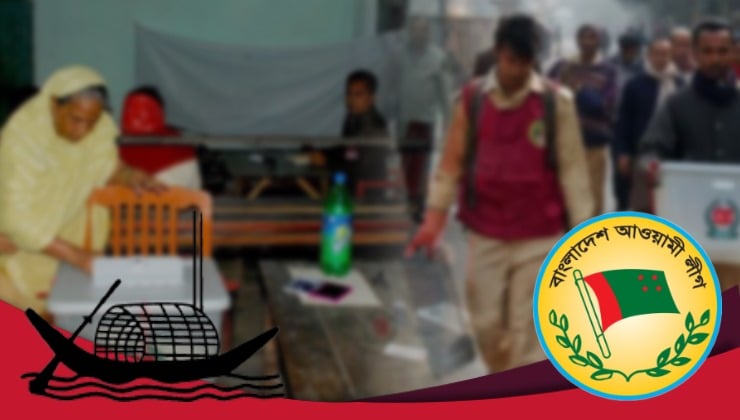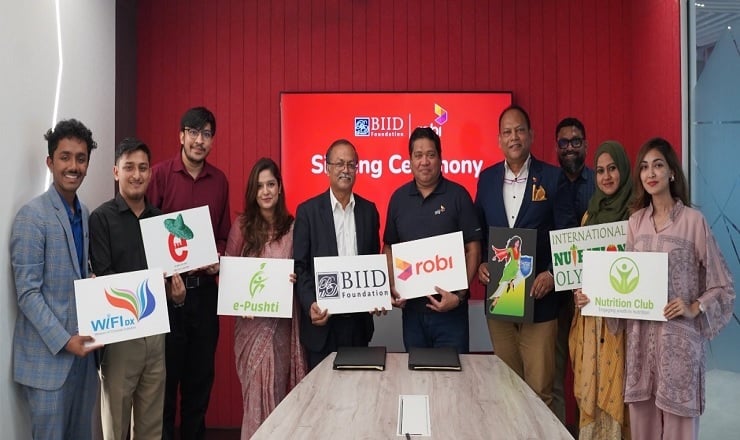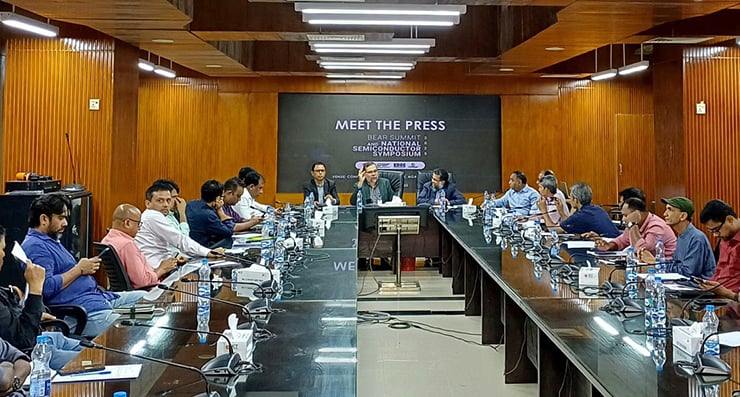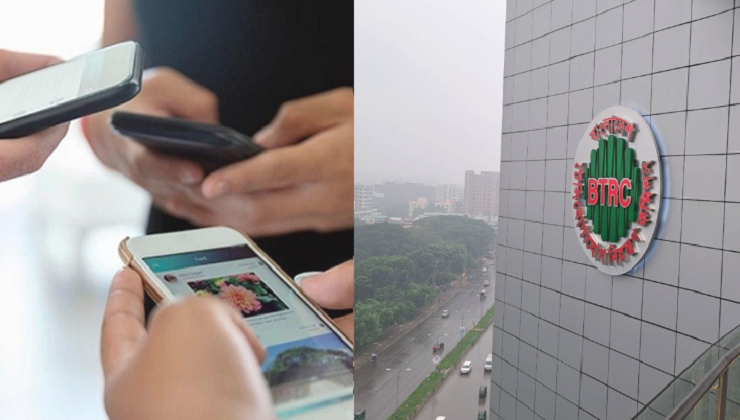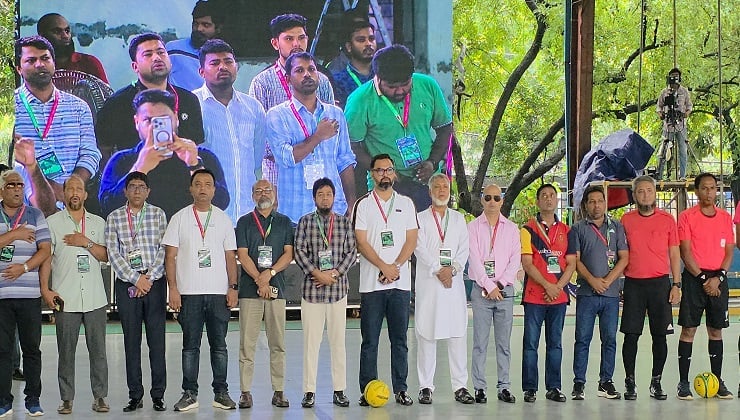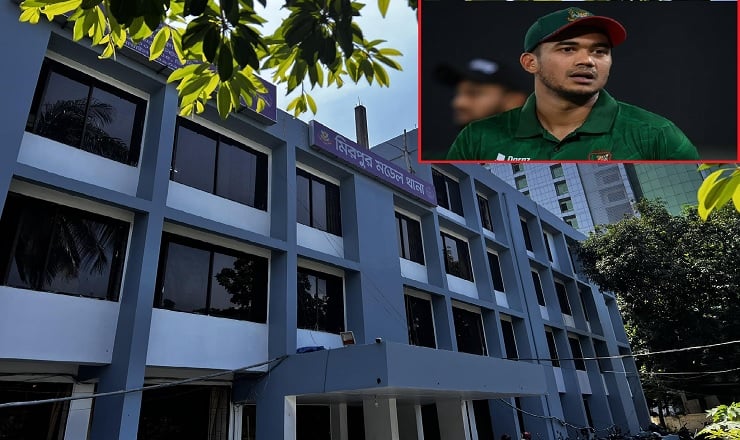Proposal for National Budget 2025-26
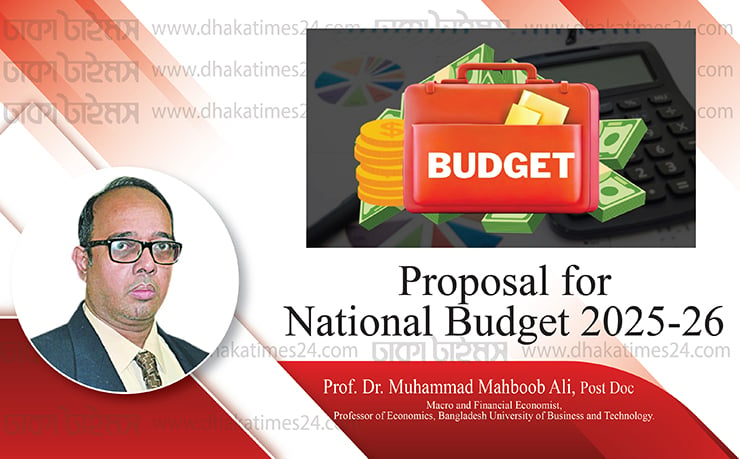
This proposal for National Budget 2025-26 outlines key strategies and initiatives aimed at promoting sustainable growth, equity, and social welfare in Bangladesh for the fiscal year 2025-26. The objectives include ensuring fiscal sustainability by balancing revenues and expenditures, enhancing social welfare and safety nets for vulnerable populations, and fostering collaboration between the government, private sector, NGOs, and international agencies. Key initiatives involve developing a detailed month-wise implementation plan for the Annual Development Plan to effectively achieve social welfare goals. Additionally, it is crucial to curb the use of the hundi system by improving access to formal banking services and launching public awareness campaigns. Establishing clear guidelines in the budget for collaboration among government bodies, the private sector, NGOs, and foreign loan agencies will further support pro-poor initiatives. Moreover, mechanisms should be implemented to recognize effective budget implementers, including performance-based awards, public acknowledgment, and financial incentives. Infrastructure development is also a priority and to improve international connectivity. Bangladesh's economy faces several critical challenges that require immediate attention for sustainable growth. A well-structured capital market is essential, as reliance on the stock market alone is insufficient. The capital market should include diverse financial instruments, such as equities, bonds, options, Exchange-Traded Funds, and foreign exchange tools, all needing clear budget guidelines.
High inflation pressures household finances and threatens economic stability, while rising interest payments limit the government's fiscal capacity for development and social initiatives. The country has a low tax-GDP ratio, one of the lowest in Southeast Asia, which hampers revenue generation and leads to unsustainable growth. Additionally, heavy reliance on the ready-made garment (RMG) sector and imports underscores the need for export diversification. Addressing liquidity crises in banks is crucial for financial stability. Job creation, especially in rural areas and urban slums, is vital for providing opportunities to both educated and uneducated individuals. The quality of pharmaceuticals is often inadequate, and the doctor-nurse ratio is low. Excessive fees in private hospitals necessitate reforms to align with international standards and promote medical tourism. Infrastructure development poses significant barriers, while regulatory issues complicate trade and investment.
Focusing on sustainability through green and circular economies is essential for long-term viability. Attracting foreign direct investment (FDI) is challenging due to regulatory and political uncertainties. Expanding social safety nets is crucial to support vulnerable populations amid economic pressures. Improving seaport efficiency, possibly with armed forces assistance, could enhance logistics. Addressing these interconnected challenges is vital for building a resilient and sustainable economic future for Bangladesh. Many individuals, particularly in rural areas, still face limited access to information and resources, undermining the effectiveness of tax compliance initiatives. Entrenched cultural attitudes toward taxation and mistrust in government institutions further hinder awareness efforts. To build on progress, ongoing and sustained efforts are essential to maintain momentum and enhance compliance. Public awareness campaigns in Bangladesh have successfully increased tax registrations and compliance rates, especially among smaller enterprises. Citizens now better understand how tax revenues support public services and infrastructure. To boost tax compliance further, the upcoming national budget should include targeted outreach programs for rural populations, engaging local leaders to disseminate tax information. Investing in digital platforms can enhance accessibility through online tutorials and mobile apps. Additionally, introducing tax incentives for timely payments, such as rebates or recognition programs, can encourage participation.
Broadening the tax base is crucial to address the low tax-GDP ratio, particularly by simplifying registration for informal sector workers. Strengthening tax officials’ training will improve collection efficiency. Digitalizing tax processes will streamline filing and payments, reducing costs and increasing transparency. Financial inclusion for rural and urban slum dwellers needs emphasis in the budget, along with measures to reduce the prices of essential products. Continued public awareness efforts are vital for educating citizens on the importance of tax contributions. Reviewing tax policies to close loopholes and implementing progressive taxation can create a more equitable system. Enhancing compliance monitoring through data analytics will help detect tax evasion. Promoting the formalization of small businesses with incentives will aid their transition into the formal economy, while simplifying the tax code will ease compliance. Collaborating with NGOs and the private sector can effectively reach underserved communities to promote tax registration. Launching transparency initiatives to show how tax revenues are utilized will strengthen trust in government institutions. Cultural sensitization programs should address negative attitudes toward taxation, utilizing community leaders to reshape perceptions.
Enhancing training for tax officials will improve their ability to assist taxpayers, and establishing feedback mechanisms will allow citizens to share their experiences. By adopting these strategies, the government can boost tax compliance and public awareness, contributing to a more robust fiscal environment. To create a pro-poor national budget, a multifaceted approach is essential. The budget should prioritize initiatives that directly impact the poor, such as outreach and digital access programs, implemented in phases for effective cost management. Cross-sector collaboration with NGOs and the private sector will maximize the impact of funded initiatives. Performance-based funding should allocate resources to programs with measurable outcomes, while a portion of the budget should be dedicated to monitoring and evaluation.
Investing in community engagement is crucial, empowering local leaders to facilitate outreach. Technology investments can streamline processes and improve service delivery, while training for tax officials and community leaders will enhance their engagement with citizens, promoting transparency and trust. The national budget for 2025-26 must present a comprehensive economic strategy to foster sustainable growth, equity, and social justice in Bangladesh. This strategy should emphasize structural changes and open market operations while addressing the underground economy. Key initiatives include money whitening schemes to integrate black money into the formal economy, supported by dedicated budget provisions. Monetary policy should focus on stability, inflation control, and interest rate management, while increased government expenditure can stimulate long-term economic activities and tackle income inequality.
To encourage participation in money whitening schemes, the budget should offer tax benefits, streamline application processes, and launch public awareness campaigns. Financial incentives and partnerships with financial institutions can further motivate engagement. Recognizing participants through certificates and media features will enhance their reputational capital. Additionally, the budget should outline strategies to reduce reliance on the hundi system by improving access to formal banking services and enhancing technological infrastructure for online banking. A month-wise implementation plan for the Annual Development Plan is essential, with collaboration among government, private sector, NGOs, and foreign agencies to support pro-poor initiatives. Strong action against defaulters are needed to be taken by the law and enforcing agencies. The South African Truth and Reconciliation Commission (TRC) was created by their Government of National Unity to confront the issues arising from apartheid. In a similar vein, Bangladesh needs to establish a comparable structure to address historical injustices. The violence and human rights abuses that occurred during conflicts must also be addressed in Bangladesh to facilitate healing. It is important to recognize that no part of society was unaffected by these abuses, in line with budgetary guidelines.
To recognize effective budget implementers, mechanisms such as performance-based awards, public acknowledgment, and certification programs should be established. Feedback systems and performance metrics will facilitate ongoing assessment and improvement. By focusing on these initiatives, the national budget can create an inclusive, effective, and sustainable economic environment, promoting growth and social justice for all citizens. In the field of social welfare, economics is centered on assessing and improving societal well-being. Key principles include Pareto efficiency, social welfare functions, and redistribution. Welfare economics aims to analyze how resources are allocated and how policies can enhance overall societal welfare. The proposed national budget for 2025-26 should incorporate Key Performance Indicators (KPIs) to effectively evaluate budget implementation. Key metrics include the Budget Utilization Rate, which shows the percentage of allocated funds spent within a specific timeframe, indicating effectiveness. Timeliness of Expenditure assesses compliance with planned spending schedules, while Revenue Collection Efficiency compares actual revenue against projected figures. The Percentage of Programs Achieving Targets measures how many initiatives reach their performance objectives, and Cost Variance highlights the differences between budgeted and actual expenditures. The Stakeholder Satisfaction Index reflects public opinion on funded programs, while Audit Findings evaluate the integrity of financial audits. The Impact on Key Social Indicators assesses improvements in critical areas such as poverty reduction and employment. Additionally, Training and Capacity Building evaluates the effectiveness of training for budget implementers, and Transparency and Reporting Compliance reviews the quality and frequency of public budget reports. The budget should focus on reducing inflation, creating jobs, improving efficiency across sectors, boosting GDP, and promoting inclusivity. By employing these KPIs, the government can effectively track budget implementation and annual development programs, ensuring efficient resource allocation and the achievement of social welfare objectives. Emphasis should be placed on entrepreneurship development, particularly through vocational training institutes and Technical and Vocational Education and Training (TVET) in Bangladesh. The Cumilla airport should be reopened to alleviate the overpopulation burden in Dhaka and enhance global connectivity from Cumilla. Additionally, societal banking, as proposed by Ali for micro savings into micro investments, must be established. Furthermore, Cox's Bazar should be developed into an international tourist hub to enhance tourism and benefit the three hill districts. The national budget for 2025-26 can create a more inclusive, effective, and sustainable economic environment, ultimately promoting growth and social justice for all citizens.
Writer: Macro and Financial Economist, Professor of Economics, Bangladesh University of Business and Technology. Email:[email protected]
 ঢাকা টাইমস অনলাইন এর সর্বশেষ খবর পেতে Google News ফিডটি ফলো করুন
ঢাকা টাইমস অনলাইন এর সর্বশেষ খবর পেতে Google News ফিডটি ফলো করুন
মন্তব্য করুন



